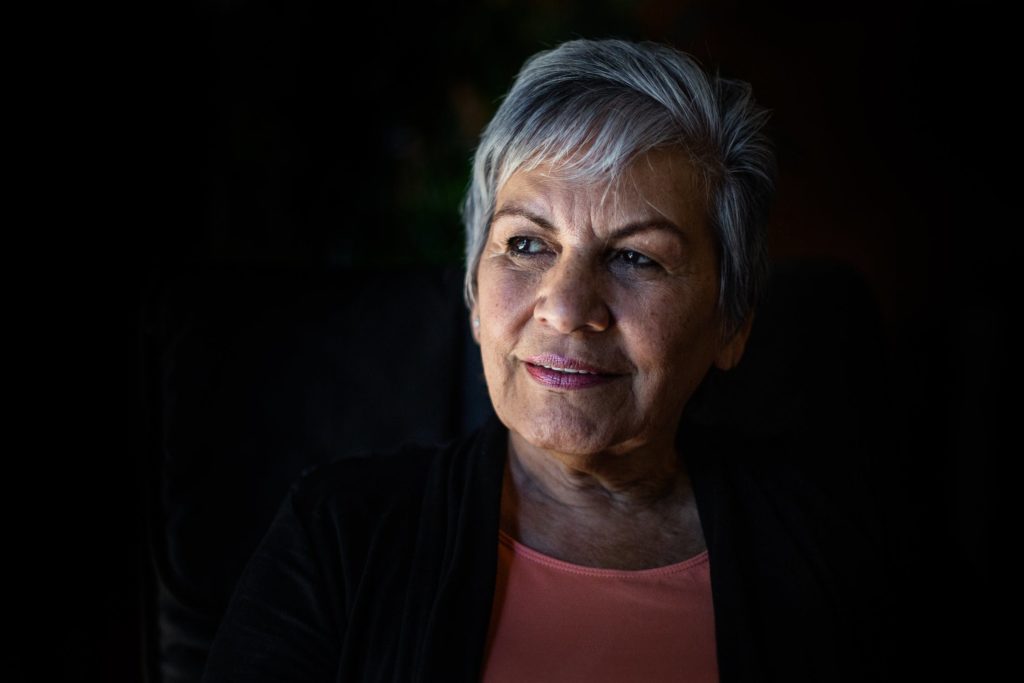Stroke is a major cause of disability amongst Canadians. In 2018 alone, there were more than 62,000 strokes in the country, and there are currently more than 405,000 people in Canada living with the effects of stroke. While a stroke may be fatal and often has lasting after effects, the good news is that more people are surviving and recovering after having a stroke thanks to modern medical advances.
When a patient experiencing a stroke is hospitalized, they usually begin their rehabilitation therapy as soon as they are stable enough to do so – which tends to be within 24-48 hours of the incidence. Before they are discharged, a medical team will put together a rehabilitation plan for the patient in order to help the patient with their recovery.
This can include:
- Physical therapy
- Occupational therapy
- Speech/language therapy
- Mental health counselling
While some stroke patients are transferred to a nursing home for full-time care, many prefer – and are able to – recover in their own homes with some assistance.
Helping your loved one recover from a stroke at home:
Suffering a stroke can cause your loved one to lose a lot of your independence. Things that may have been simple prior to having a stroke, such as walking, talking, dressing yourself etc., may suddenly feel impossible. Fortunately, there are things you can do to aid in their recovery:
- Home care – Having a professional come into your home to assist your loved one with daily needs, such as dressing, eating, physical therapy exercises, etc., will help them get the support they need at tasks that they can’t quite accomplish on their own yet.
- Modifications to your home – Stroke can impact your loved one’s mobility and balance. To ensure that they are safe at home, you may have to make modifications such as adding wheelchair ramps, handrails in the bathrooms, or lowering kitchen counters.
- Care coordination and transportation – Following a stroke, your loved one will likely have several medical appointments and follow-ups to help with their recovery. It is important to have someone keep track of medical appointments and ensure transportation to and from the locations. Keeping up with appointments can go a long way toward assisting recovery.
- Companionship – A University of Toronto study found that stroke survivors who had someone to confide in suffered less depression and were more likely to follow their rehabilitation plan. Home care can be a good solution to help provide essential socialization for stroke survivors and assist in recovery.
If you or a loved one has suffered a stroke and needs assistance recovering at home, we can help.

